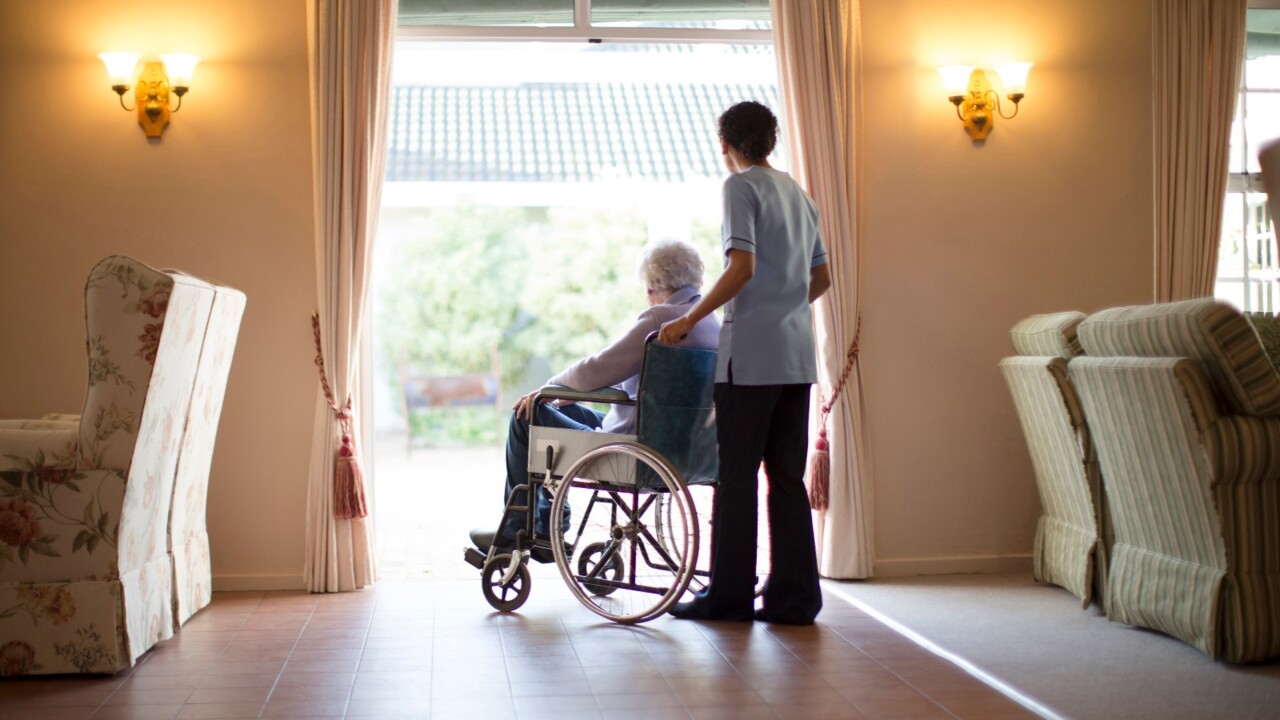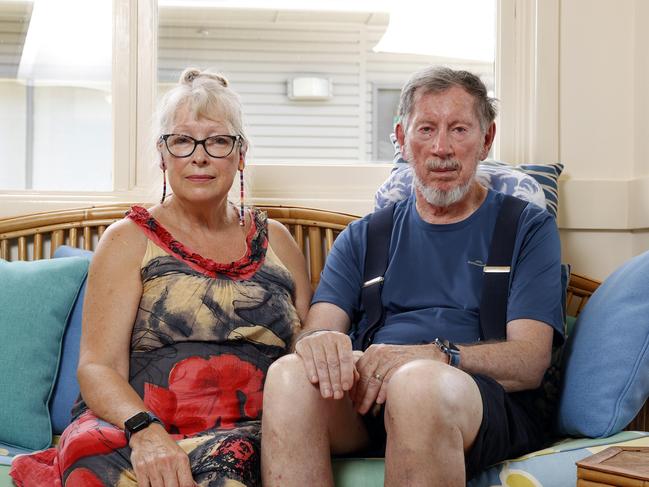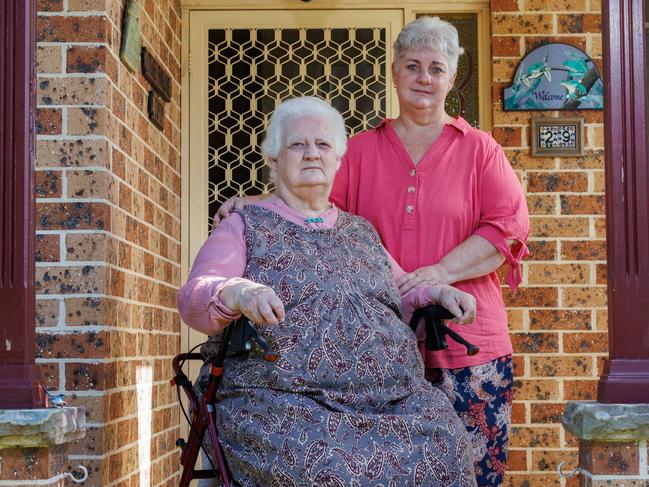200k Australians forced to pay as home care support reduced
The $4.4b ‘Home Care’ scheme was set up to keep older Australians at home and out of aged care— but now the Albanese government has slashed support, seeing residents forced to pay thousands for things like medication and mobility scooters.

NSW
Don't miss out on the headlines from NSW. Followed categories will be added to My News.
More than 200,000 Australians living on ‘Home Care’ packages have had their benefits shrunk by the federal government, in a secretive move which will see residents forced to pay thousands for basics such as medication and mobility scooters.
The Anthony Albanese government published an updated Home Care Packages Program Operational Manual on January 13, changing what residents could claim as part of the scheme.
‘Home Care’ is the federal government’s $4.4 billion dollar program to encourage older Australians to stay in their own home, instead of moving into aged care.
Almost 75,000 people are in the home care program in NSW alone, claiming subsidies for medications, transport, hygiene care and nursing services.
The changes, published without an announcement from Aged Care Minister Anika Wells, mean residents on the program can no longer claim expenses related to climate control for their own homes, or even for expenses such as buying a microwave to heat ready meals.

The changes will see Australians in home care unable to get subsidised medications which are not included in the Pharmaceutical Benefits Scheme, significantly raising the cost of hundreds of medications for recipients.
Those non-PBS medications include drugs for treating incontinence, one of the most common health issues faced by Australians over 50.
Access to allied health services such as physiotherapy will also be restricted to recipients who have “age-related functional decline”.
This means those with non-age related illnesses such as Parkinson’s disease could be denied access to these services as part of their package.
Mobility scooters are not mentioned in the document, leaving claims open to be denied by providers.
If denied, a resident would have to pay out of pocket with mid-sized scooters costing between four to ten thousand dollars.

In July last year, Anika Wells announced home care packages would be replaced by a new program called In-Home Aged Care in July 2024.
At the time she promised no services would be cut.
Jean Smith is able to remain at her Central Coast home due to the support of her home care package. Now the 82-year-old is worried the new exclusions will affect her mobility.
Under the changes, gym and pool visits are now excluded unless they are monitored by a health professional.
Ms Smith’s daughter, Maree White said this had made these visits inaccessible even though they are essential for her continued mobility.

“After my mother had surgery she had to start with an exercise physiologist and it costs $100 for a half-hour visit,” she said.
“For anyone who needs to go regularly to a gym for their exercises, to be supervised for $100 every half an hour, that’s incredibly expensive.”
The Federal government has denied there has been any change of policy, saying it is the provider’s responsibility to talk to home care recipients to adjust their package.
“There has been no change in policy, however a number of providers have had to review the services that they are offering as they fall outside the aged care program,” a department spokesperson said.
Shadow Minister for Aged Care, Anne Ruston said the government “must come clean with older Australians and admit they are prioritising their budget bottom line over the health, safety and needs of older Australians.”
Senator Ruston said she would be raising the issue in Senate estimates this week.
CEO of the Older Person’s Advocacy Network, Craig Gear said the government was attempting to provide greater clarity around what is included in home care packages but the result was a lack of flexibility.
“It’s been a source of a lot of frustration and confusion,” he said.
Mr Gear is calling on the government to allow reviews of excluded items on a case-by-case basis.




